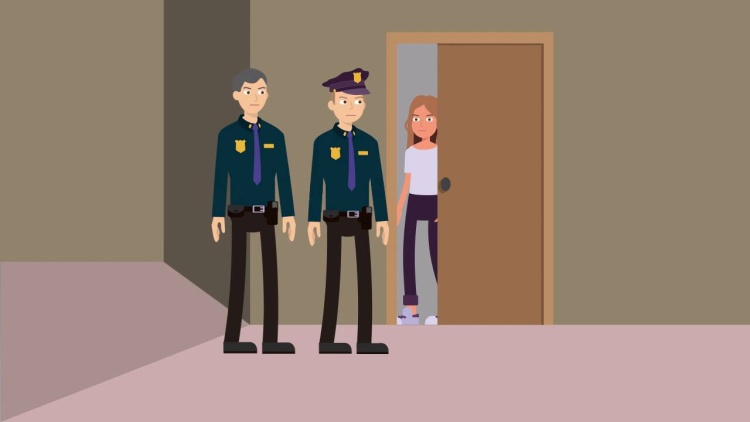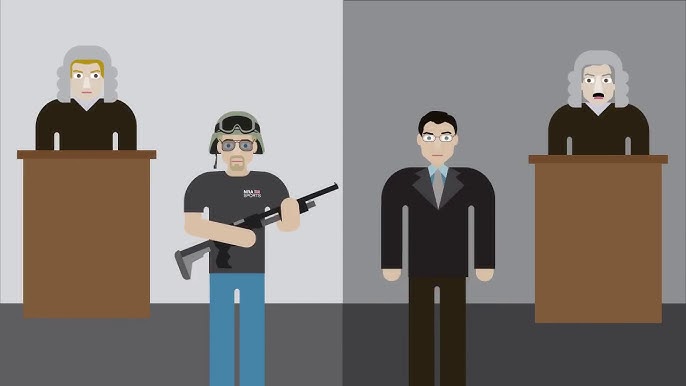Introduction:
Imagine being at a concert when an argument escalates, and security calls the police. You’re accused of disorderly conduct, arrested, and during the arrest, the police find cocaine in your pocket. But what if the arrest itself was illegal? Could the evidence against you be thrown out?
This blog post explores a recent Florida case (Geoffrey Carlo v. State of Florida) that sheds light on your rights during police encounters and the potential consequences of illegal search and seizure. Let’s break down the details and understand how this case might impact your situation.
The Carlo Case:
Mr. Carlo was arrested for disorderly conduct during a concert but never physically disturbed anyone. The police search revealed cocaine in his pocket, leading to possession charges. However, the court ruled that the arrest was illegal because the disorderly conduct did not occur in the officers’ presence, violating Mr. Carlo’s Fourth Amendment rights.
Understanding Illegal Search and Seizure:
The Fourth Amendment protects you from unreasonable searches and seizures. Police generally need a warrant to search you or your belongings. Additionally, to arrest someone for a misdemeanor like disorderly conduct, the offense must occur in the officer’s presence.
The Exclusionary Rule and You:
If the police violate your Fourth Amendment rights by conducting an illegal search or arrest, the evidence they find (like the cocaine in Mr. Carlo’s case) cannot be used against you in court. This is known as the exclusionary rule.
Implications for You:
This case emphasizes the importance of knowing your rights when interacting with the police. If you face disorderly conduct charges or any arrest, remember:
- You have the right to remain silent.
- You can politely refuse consent to any searches.
- You can ask if the officer has a warrant.
- If you believe the arrest or search is illegal, immediately consult with an experienced attorney.
Taking Control:
Understanding your rights can be your best defense against unlawful police actions. Stay informed about legal developments like the Carlo case, and don’t hesitate to seek legal counsel if you face similar situations. By knowing your rights and exercising them appropriately, you can protect yourself from potential injustices and ensure fair treatment under the law.
Call to Action:
Share this post with your friends and family to raise awareness about your rights and the importance of protecting them in Florida. Together, we can ensure everyone understands their legal standing and takes proactive steps to safeguard their rights.



